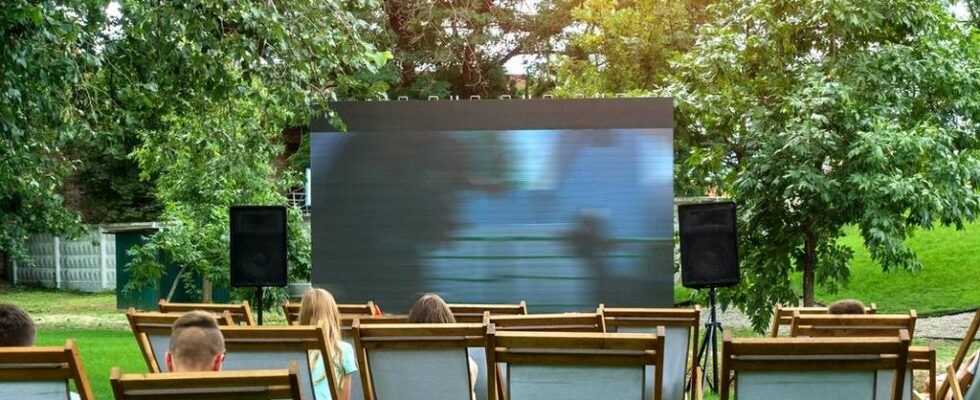The normality lost by Corona returns slowly but steadily. The missing everyday life is a visit to a restaurant for some, a visit to a beer garden for others and an exciting film on the XXL screen of a cinema for many others. However, the latter is particularly complicated. Drive-in cinema, open-air cinema, a commercial light house – what different things have to be considered? Here is an overview.
Uniformly inconsistent
First of all: There is no cross-state, uniform timetable regarding the reopening of cinemas. Yes, even within the individual federal states, cinema chains go their own way to reopening. An example from Mecklenburg-Western Pomerania: The cinemas of the MovieStar chain have reopened there since Monday (May 25th), but not yet those of the Cinestar chain. Others will open their doors next Thursday (May 28th), while some cinemas should have chosen June 4th as the restart date, according to "NDR.de". In short: If you absolutely want to go back to your regular cinema, you have to find out about the opening plans on the respective websites.
Drive-in cinema: Safe, but rare
A solid pandemic was needed to help an unexpected renaissance of a relic from the 1950s and 1960s: the drive-in cinema. The drive-in cinemas had been reopening in some places since the beginning of May, or numerous completely new ones were being created. There is currently no safer alternative to admire films on the big screen. Due to the still low density of the drive-in cinemas – despite numerous new openings – a long journey may have to be considered – and you should own a car.
You are also not completely bird-free in your own cart. The cars have to be parked two meters apart, usually only two adults and one child up to 14 years old can sit per car, reports the radio network "MDR Jump". At the age of the child, there are already different regulations depending on the operator. This also applies to the topic of snacks: where popcorn and other items packed hygienically are available in advance in a drive-in cinema, self-sufficiency is required elsewhere.
Cinema hall: still too uncertain?
A hygiene plan by the cinema associations has recently been published, according to which conventional cinemas could reopen under strict conditions. The most pressing question: Will the viewer be able to enjoy the film on the screen without the annoying mask in front of his mouth? The protection and hygiene plan in movie theaters provides for this. While the general stay in the building, "visits to the toilet during the performances" and the entry and exit are required to wear a mask, this does not apply "to the seats in the cinemas". But that also means that if you forget your mask, you won't even get into the hall.
Of course, the specified minimum distance must be observed in the cinema. For this purpose, the number of seats required for this will be released between the guests. In order to ensure this, it is therefore also conceivable in cinemas with previously free seating to switch to "fixed seat allocation". The hall occupancy limit had to be reduced accordingly.
The letter also does not address whether the sale and consumption of, for example, popcorn should take place. It is also generally pointed out that for all of the above-mentioned arrangements there are "no binding requirements" from politics and that these have so far only been recommendations. The all-important question that every cinema has to answer for itself is whether it is worth reopening under the given circumstances and requirements. And even the moviegoers will be concerned with one thought: is a film worth the potential risk?
Outdoor cinema: the perfect middle ground?
No closed room and no stuffy car that can quickly develop into an oven when the temperatures rise: the open-air cinema could save the summer of 2020. That at the Olympic Lake in Munich, for example, will open on May 28 with the Oscar winner "Parasite", the pre-sale is already underway. Here too, the deckchairs were placed 1.5 meters apart, seats can only be booked in a double pack. A total of 500 seats (about a third of normal operation) should be available, all of which are assigned to viewers.
No consensus has yet been found in some federal states, but a model such as in Bavaria, where the strictest corona requirements were or are in place, is conceivable. In the case of the Olympiasee open-air cinema, according to the organizer, this includes, for example, "dispensing hot dishes and deposit".
